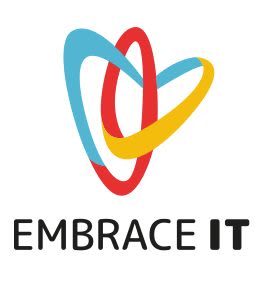Wonder Women
A story about women refugees in the professional sector
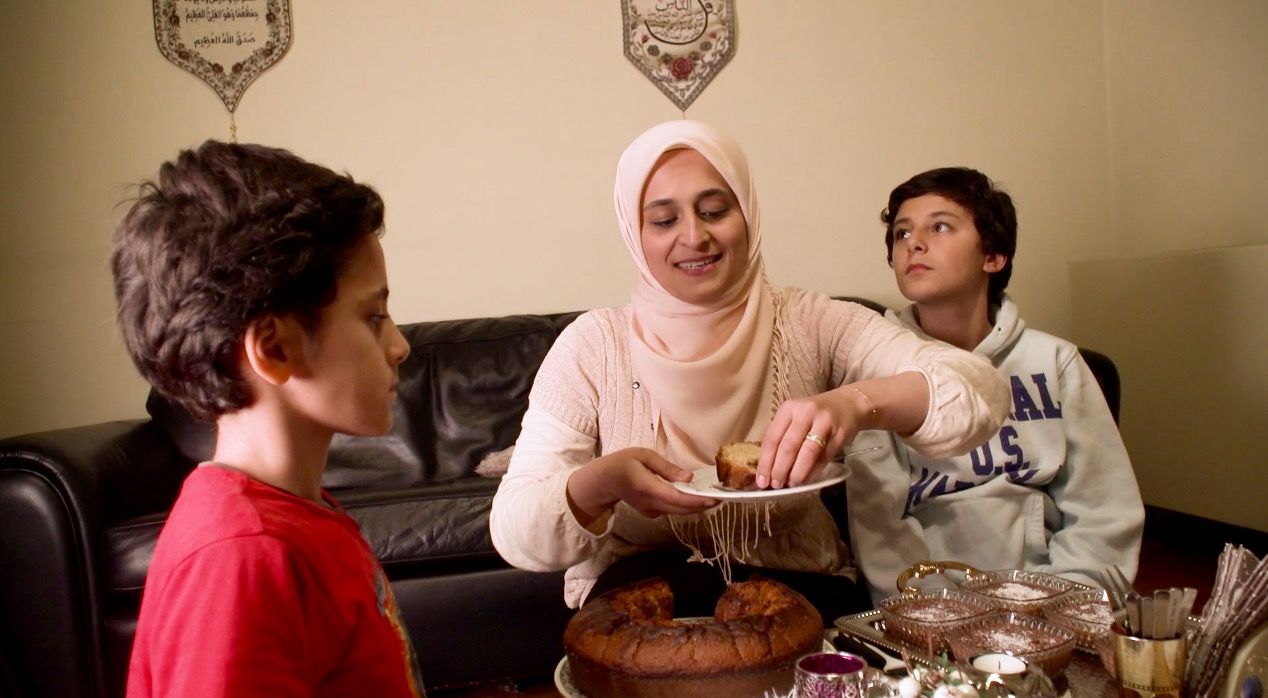
A story about women refugees in the professional sector in Belgium
In Belgium, 10,000 of the asylum seekers have been granted refugee status. 1 out of 2 refugees is a woman. More precisely, women refugees represent 47% in America, 48% in Asia and Africa, and 39% in Europe. Most of them leave their countries because of dictatorship, war, female genital mutilation and many other reasons.
Despite these impressive figures, women refugees are very poorly represented in the media and in the political discourse. Yet, they often face greater difficulties during their journey and more precisely here in Belgium in their professional reintegration process. We had the chance to meet four of these women who agreed to work with us.
Caritas international and Justice et Paix.(2019).Femme et réfugiée: les invisibilisées.retrieved from: https://www.caritasinternational.be/wp-content/uploads/2019/03/Femme_Analyse_Caritas-et-JeP.pdf
Haffsa from Irak
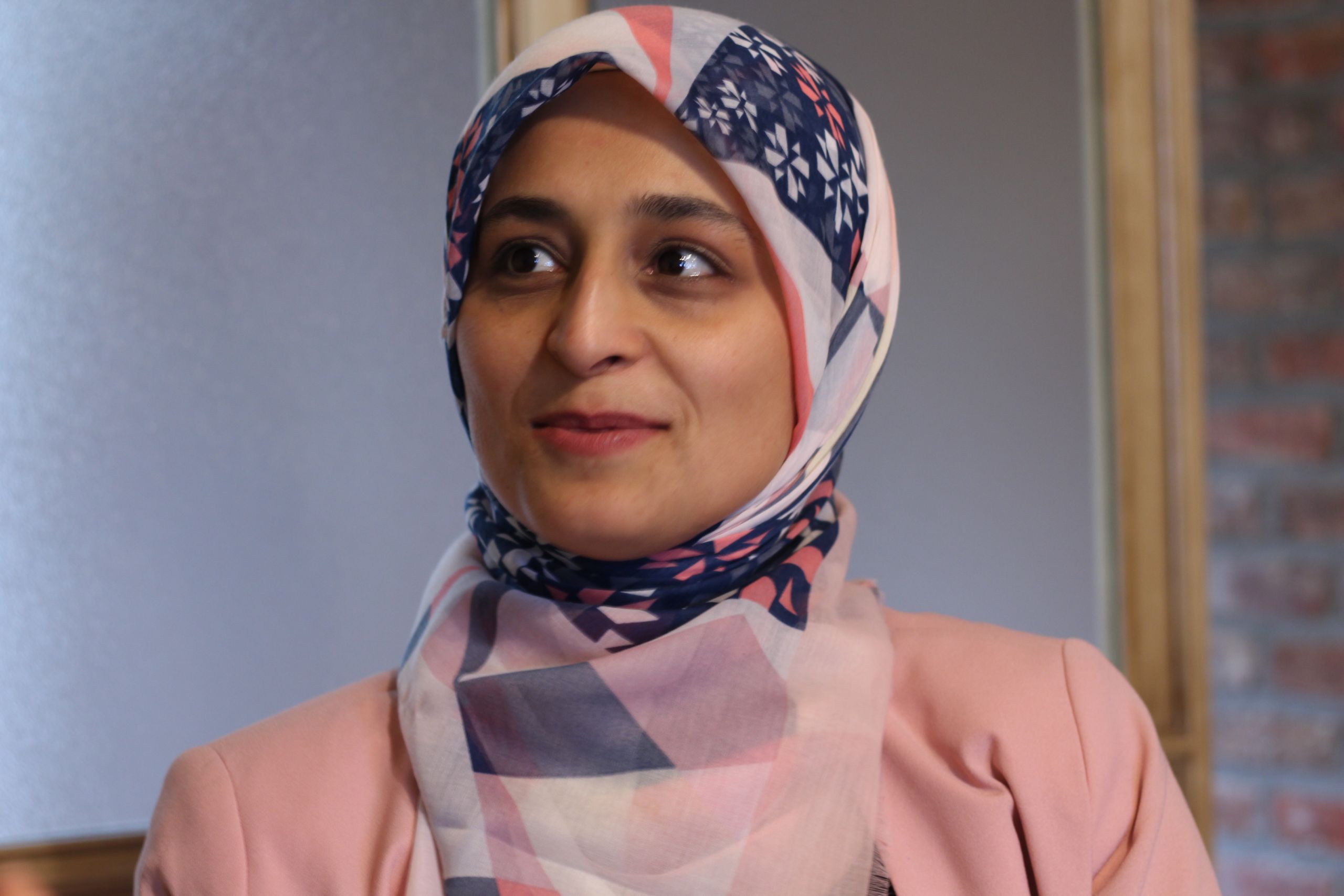
"With all the difficulties, I know I must be a doctor"
Haffsa has been living with her family in Belgium for 4 years. She always knew she wanted to be a doctor because in her family everyone studies medicine from generation to generation. She arrived with her medical degree in gynecology and she is now seeking to pursue her specialization here in Belgium. Upon arrival, she encountered several obstacles due to her cultural and religious origins. Still, she's a strong headed woman who knows where she wants to go and will get there with all the support and help she can get from family and friends.
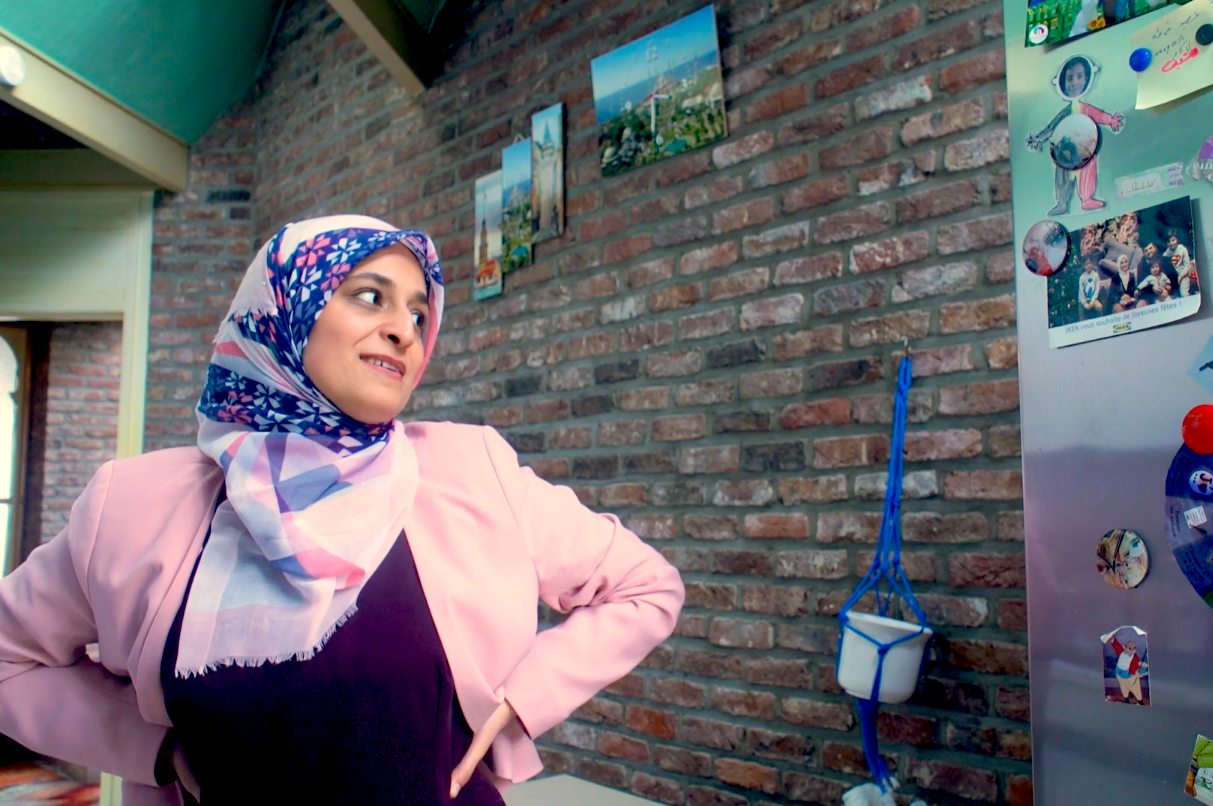
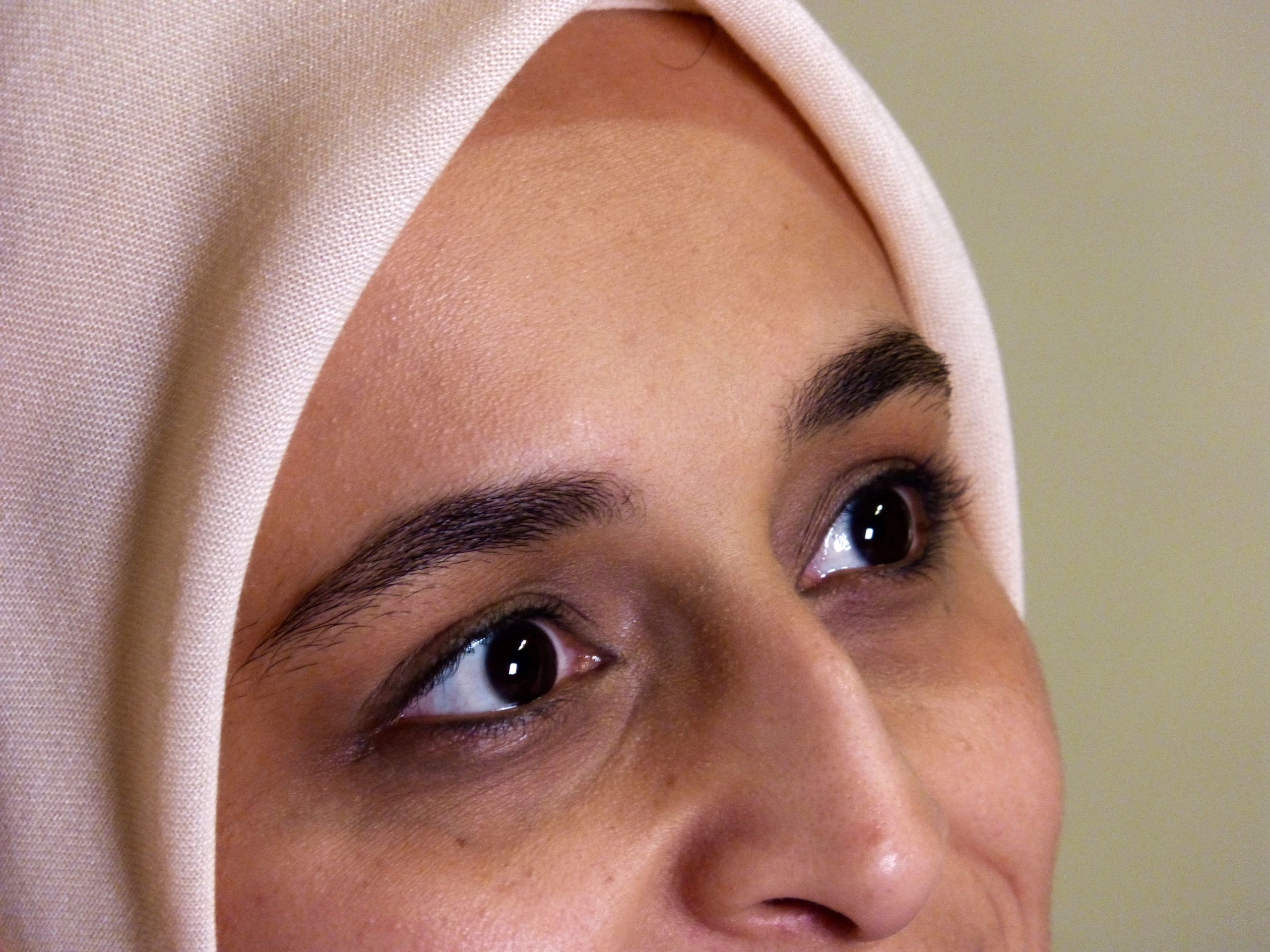
Roula from Syria
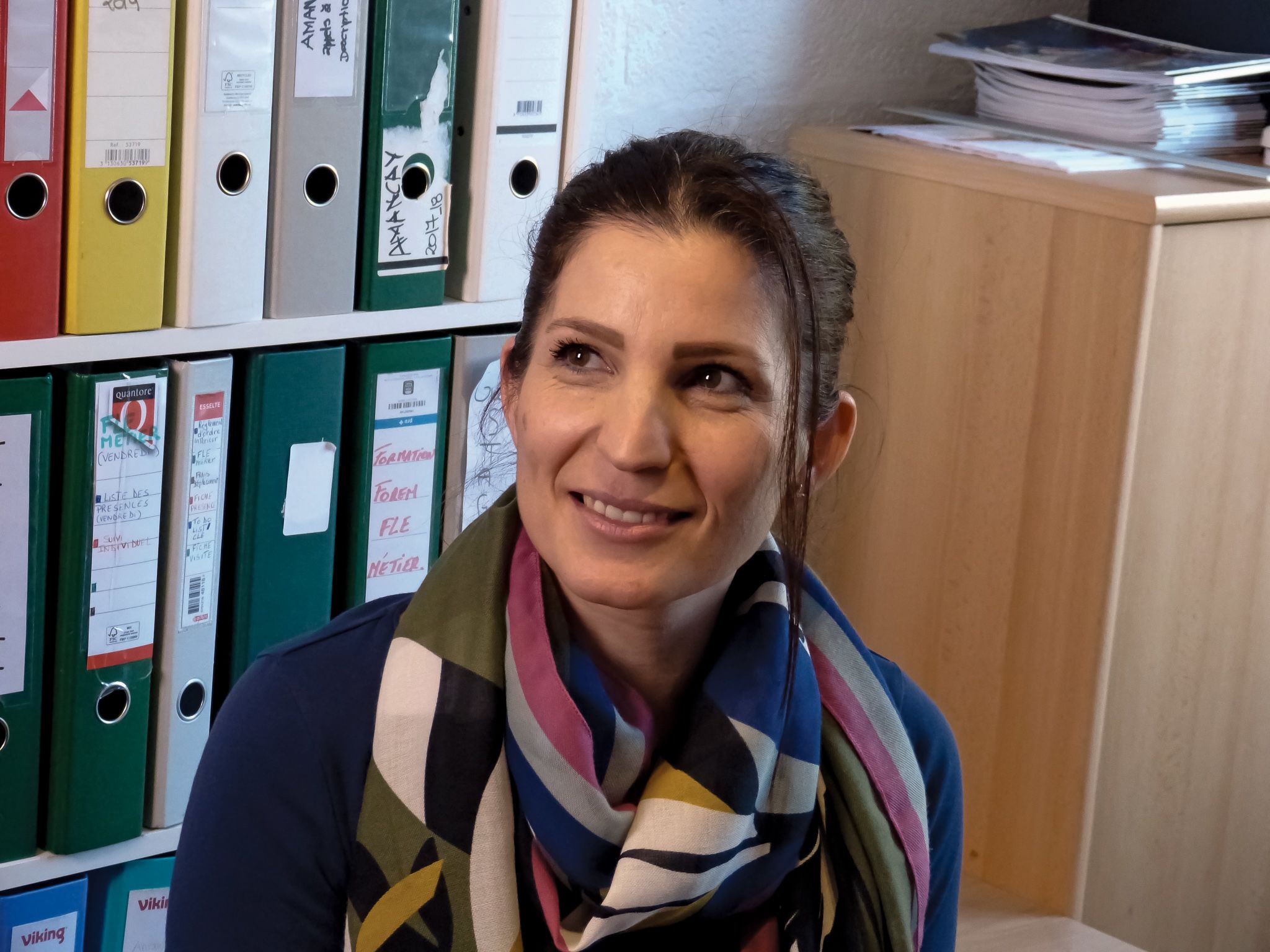
"I had to change all my life"
Roula came to Belgium with her two children after living through the Syrian civil war for 6 years. During the war she actively worked with international organizations, like UNDB and UNICEF. She used to work as a sociologist, but she hasn't been able to practice in Belgium. She had to start over her life in this new place, which was difficult for her.
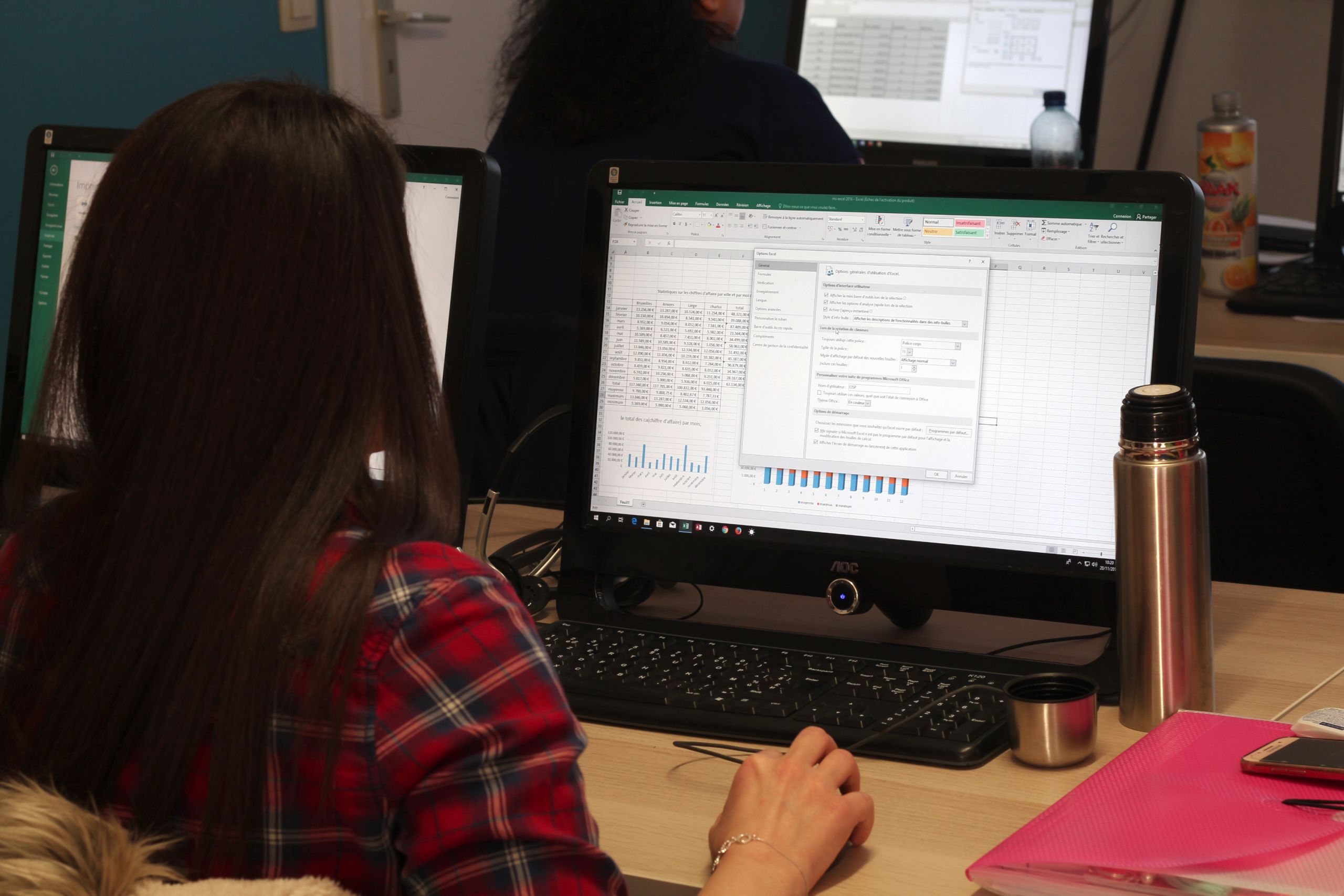
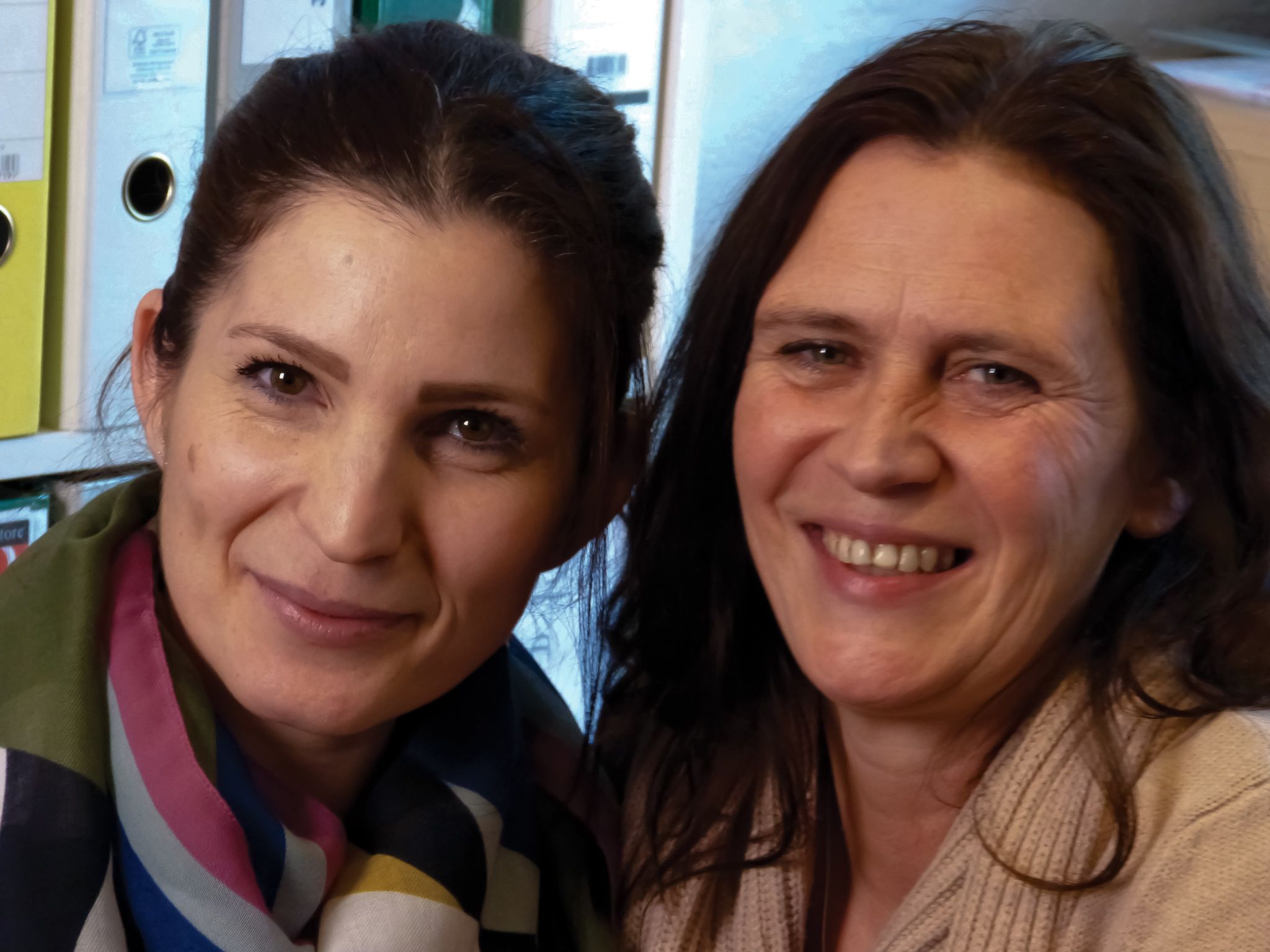
Helen from Eritrea
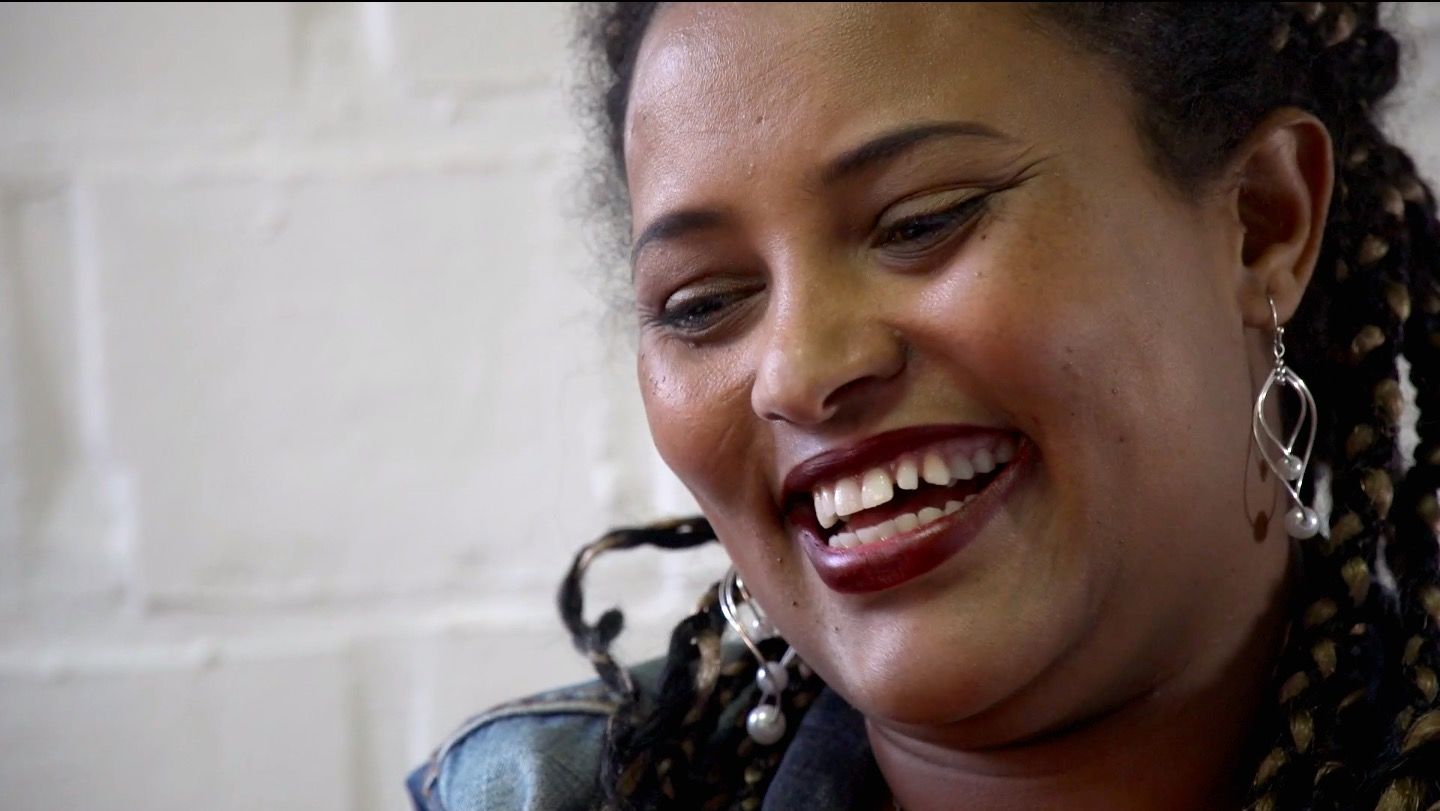
"My husband encourages me
to work"
Helen comes from Eritrea and arrived in Belgium thanks to the process of family grouping. Because in the Eritrean culture women do not often work, she used to take care of the children and the elderly while her husband was working. Now, her new challenge is to learn French so that she can find a job that suits her expectations for the future.
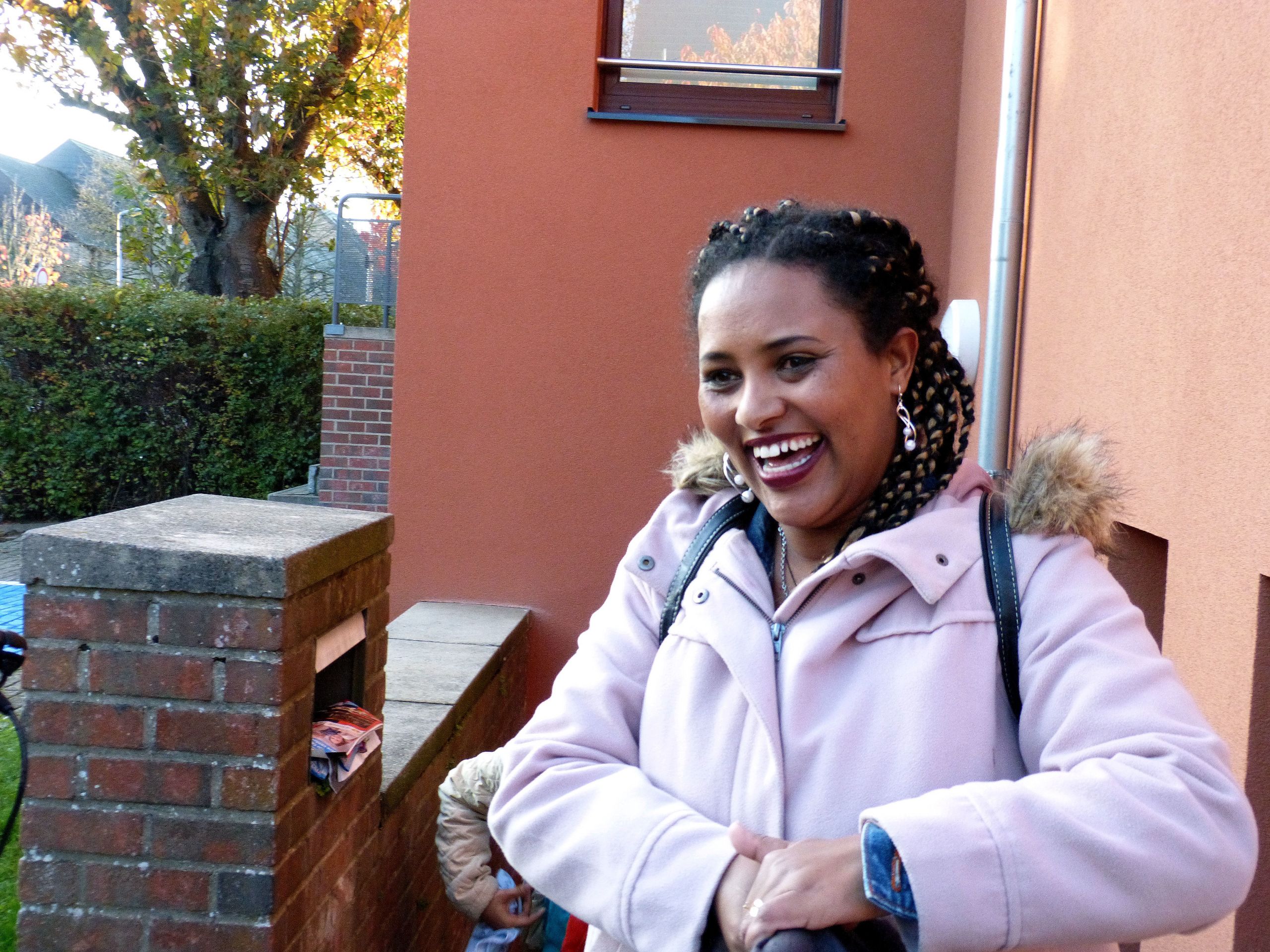
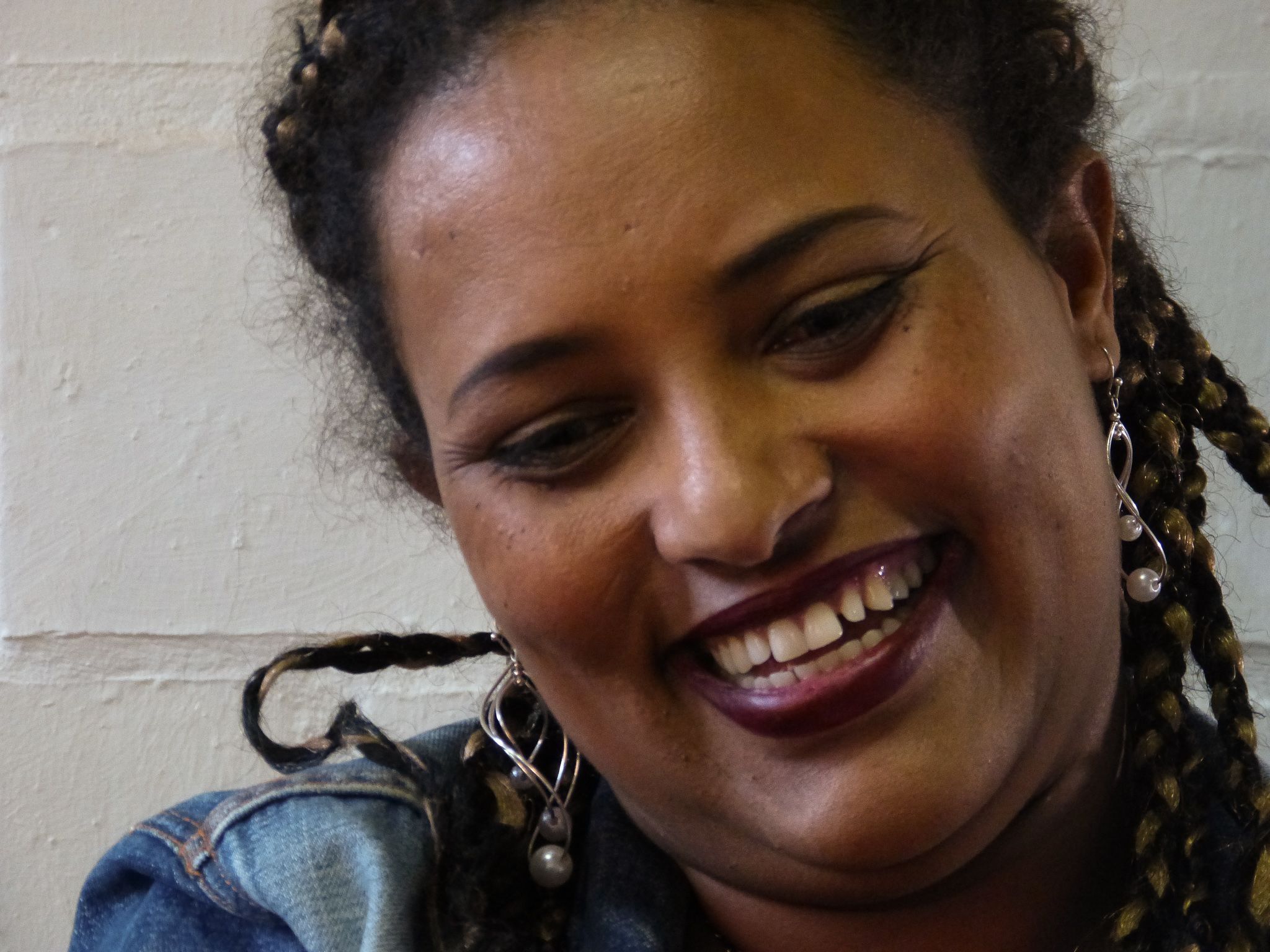
Evelyn from Nicaragua
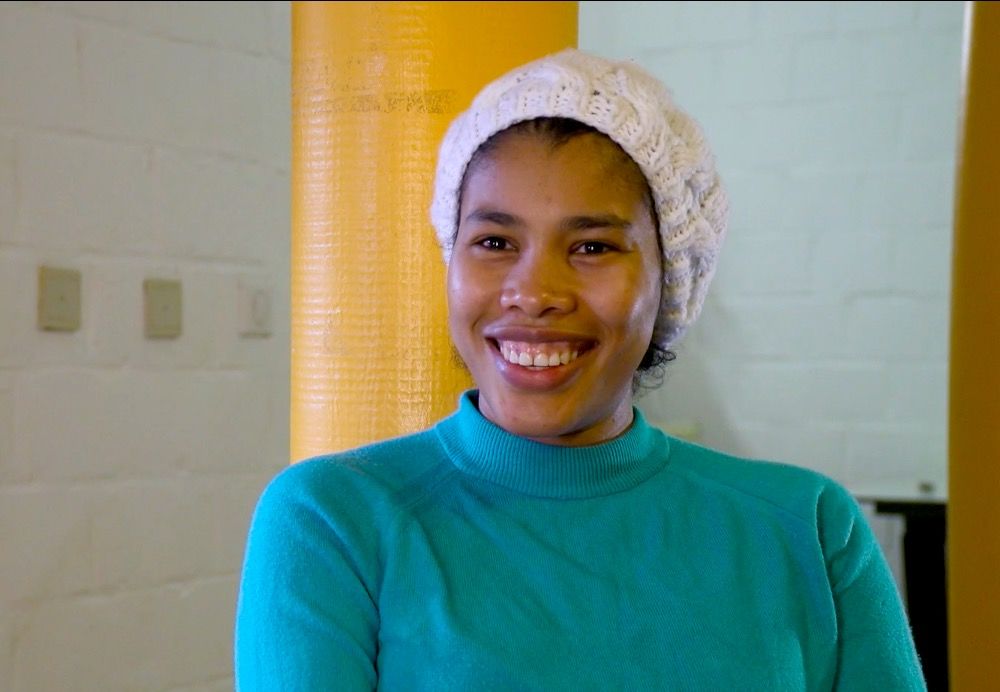
"When you work, you are empowered, you have control over your choices"
Evelyne comes from Nicaragua. She had to leave because of political oppresion and danger. When she was younger she studied architecture but had to stop and find a job in order to earn her life. She used to teach english in her country, she hopes her language knowledge will bring her professional opportunities here in Belgium. She is really an independent woman. Indeed, the fact that she's a young mother, makes her think about how she could give her child the respectful and peaceful life he deserves.
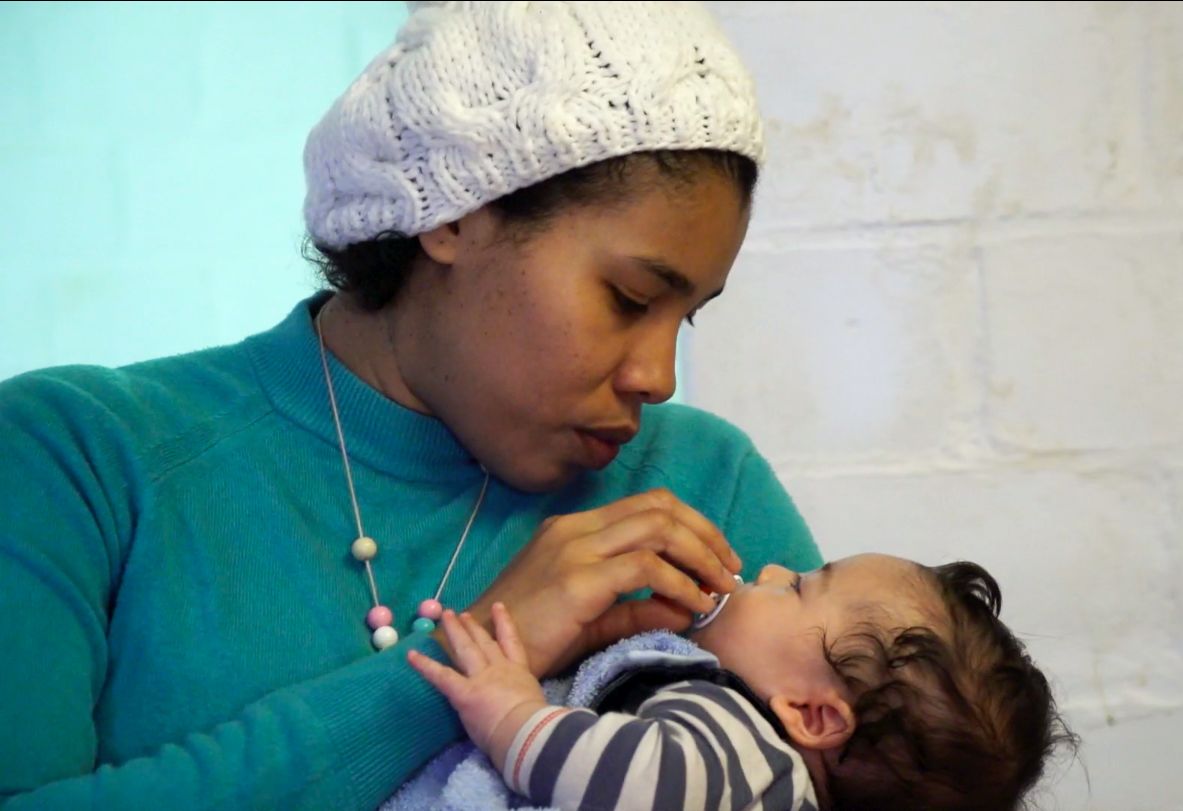
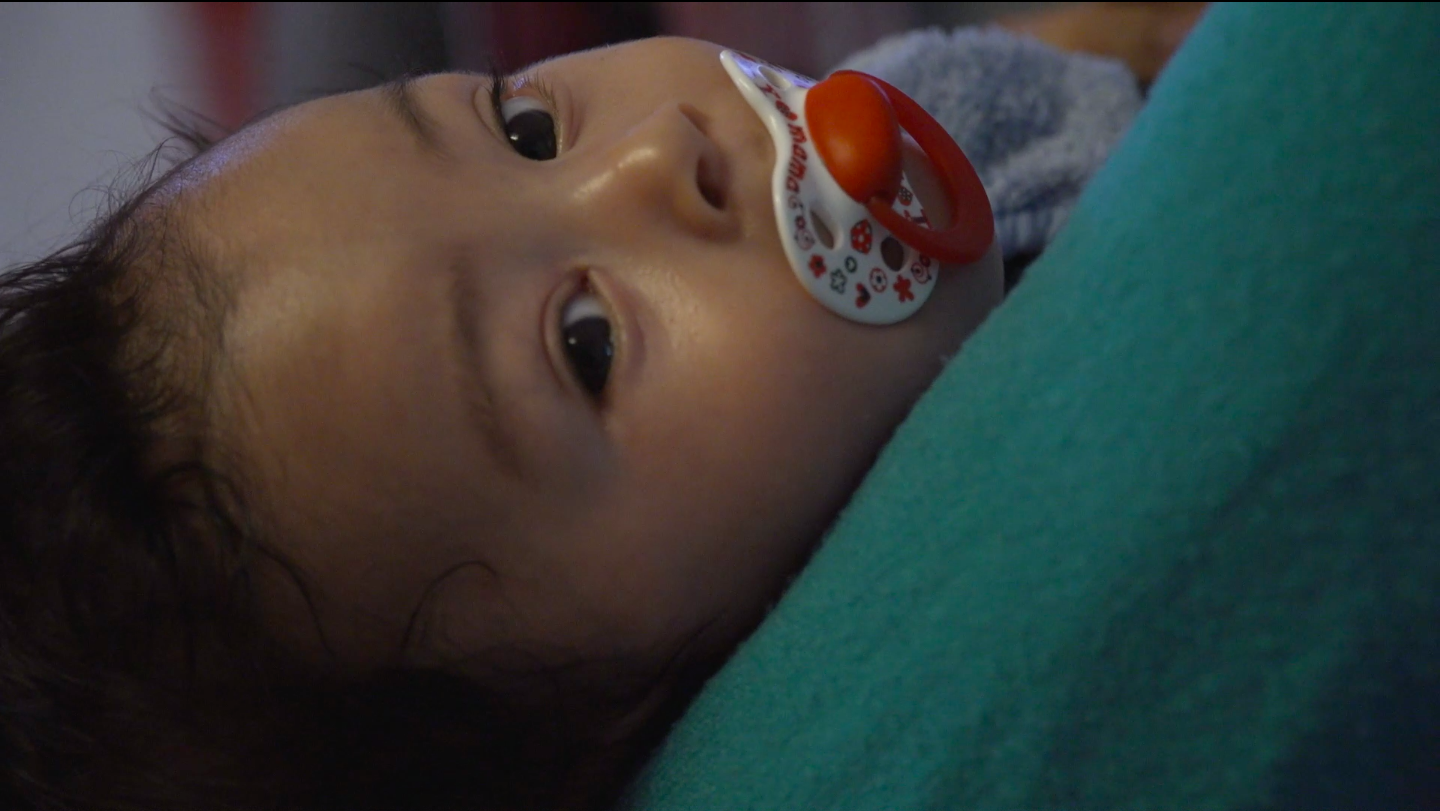
Cathy from Belgium
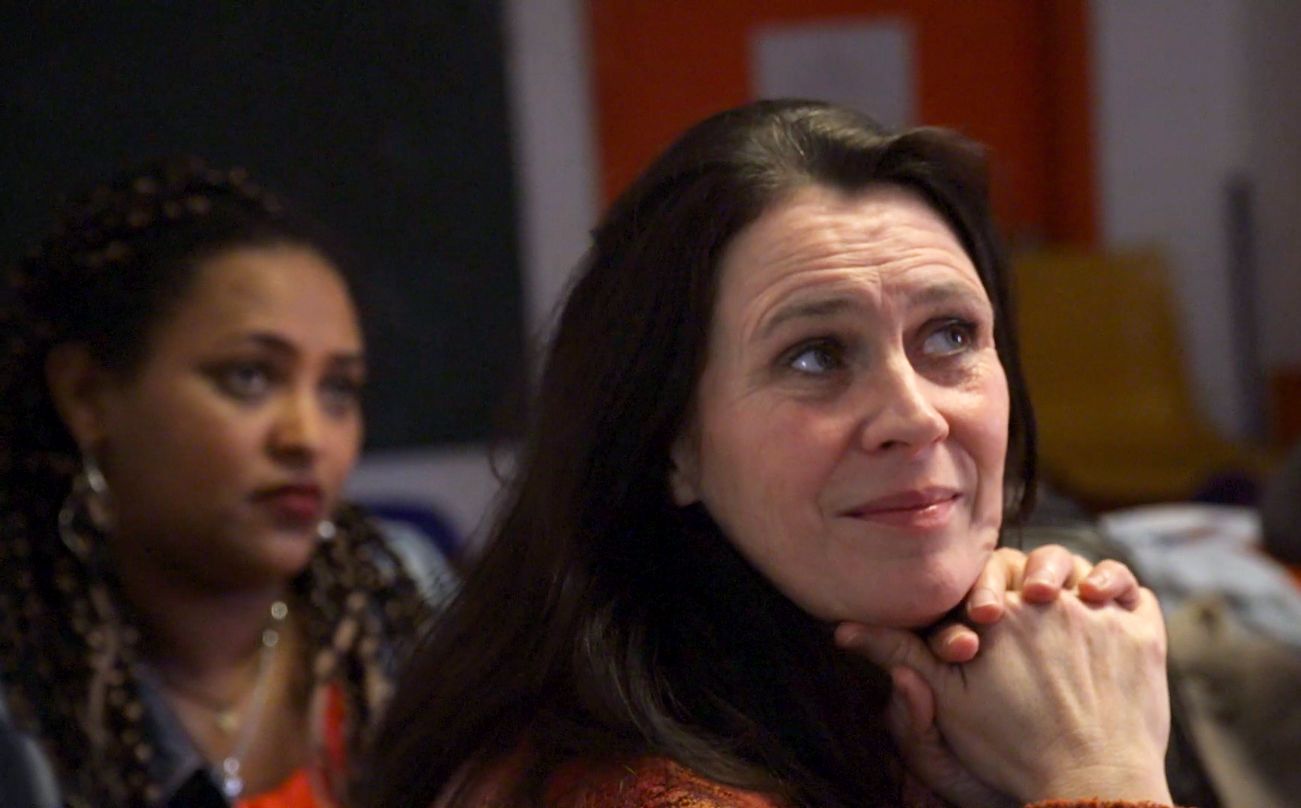
"Le collectif des femmes is a place of gatherings and solidarity"
Cathy works at the "Le collectif des Femmes" in the section "Tremplin pour la vie" as a coordinator. This association helps the refugees on psychological level and also supports them to find a job that suits them accordingly to their professional expectations. "Tremplin pour la vie" offers lots of professional trainings, language classes but also other forms of entertaining such as sewing, cooking, etc.
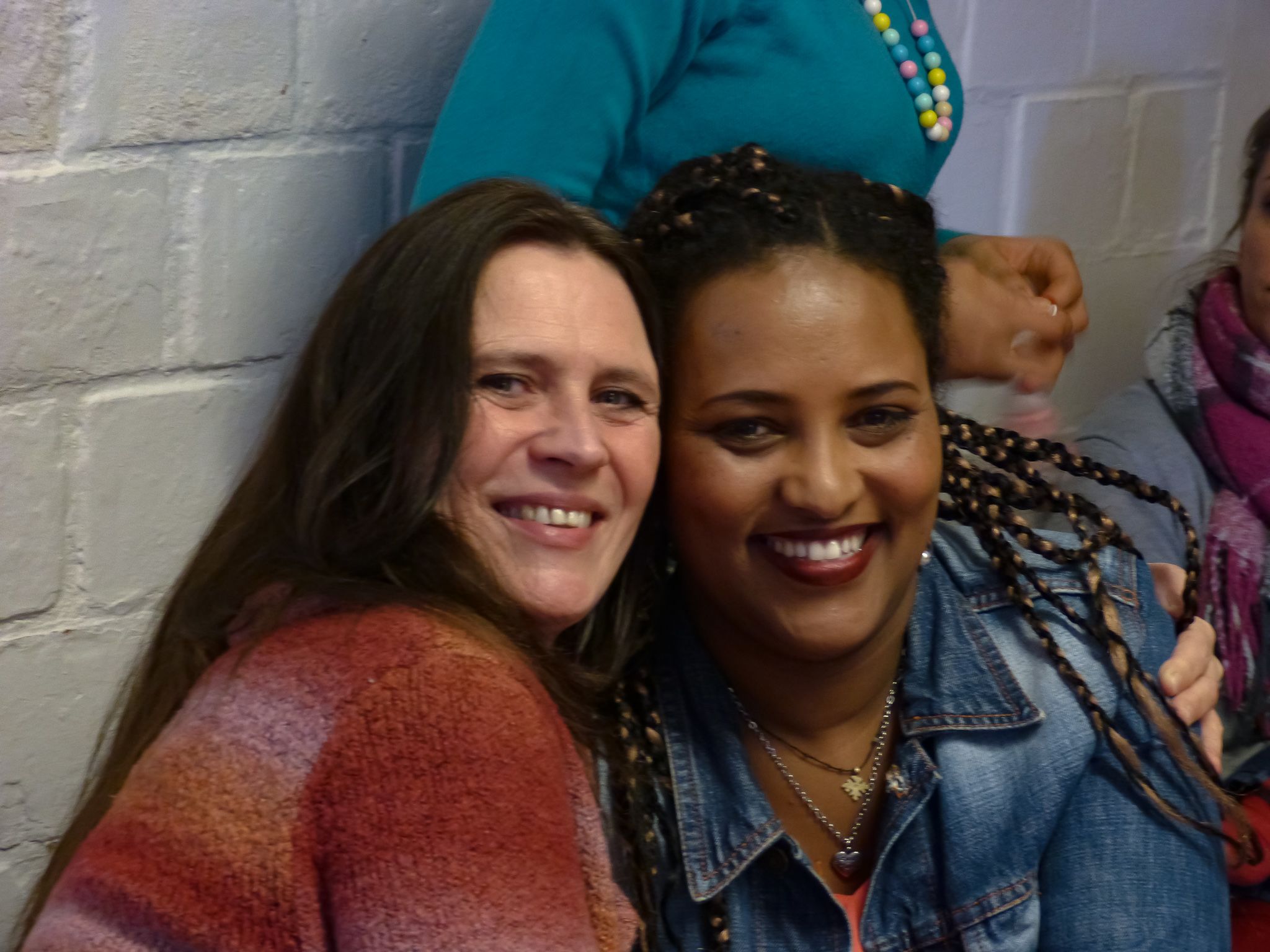
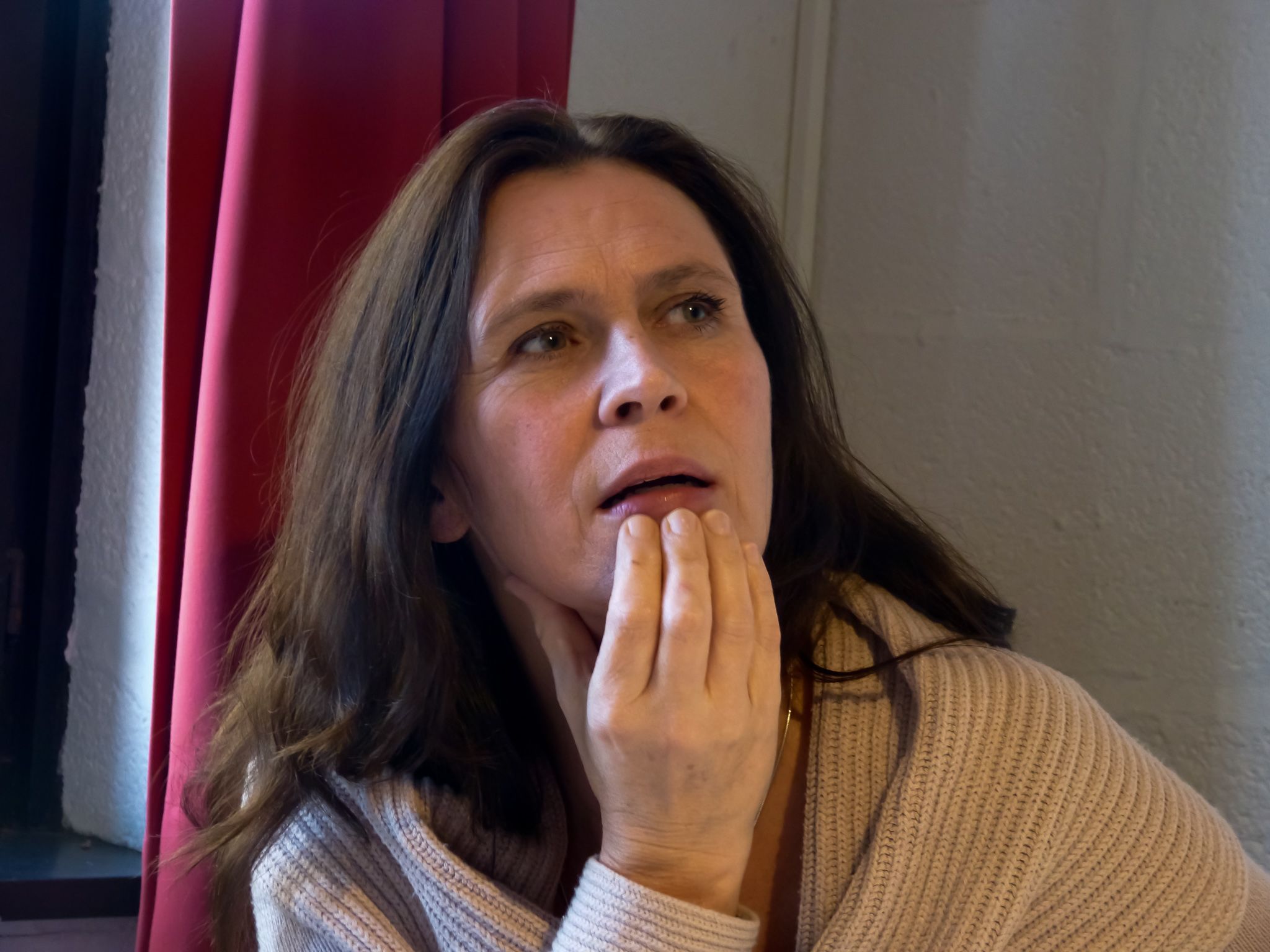
For most of those women, the difficulty of finding a job here in Belgium is a main issue. Indeed, while dealing with their processes of integration they also have to deal with other challenges...

"For the sociologist here they are differences. My master in Syria is the equivalent here of a bachelor. It’s too bad."
Before starting any professional career, those women have to get all their administrative papers in order and their equivalences accepted. This process can take a lot of time depending on what kind of diploma or professional experiences they have.
Men and women are often stigmatized due to their status. Some women with specific cultural origins are often discriminated and are often unable to practice the work they are qualified for.
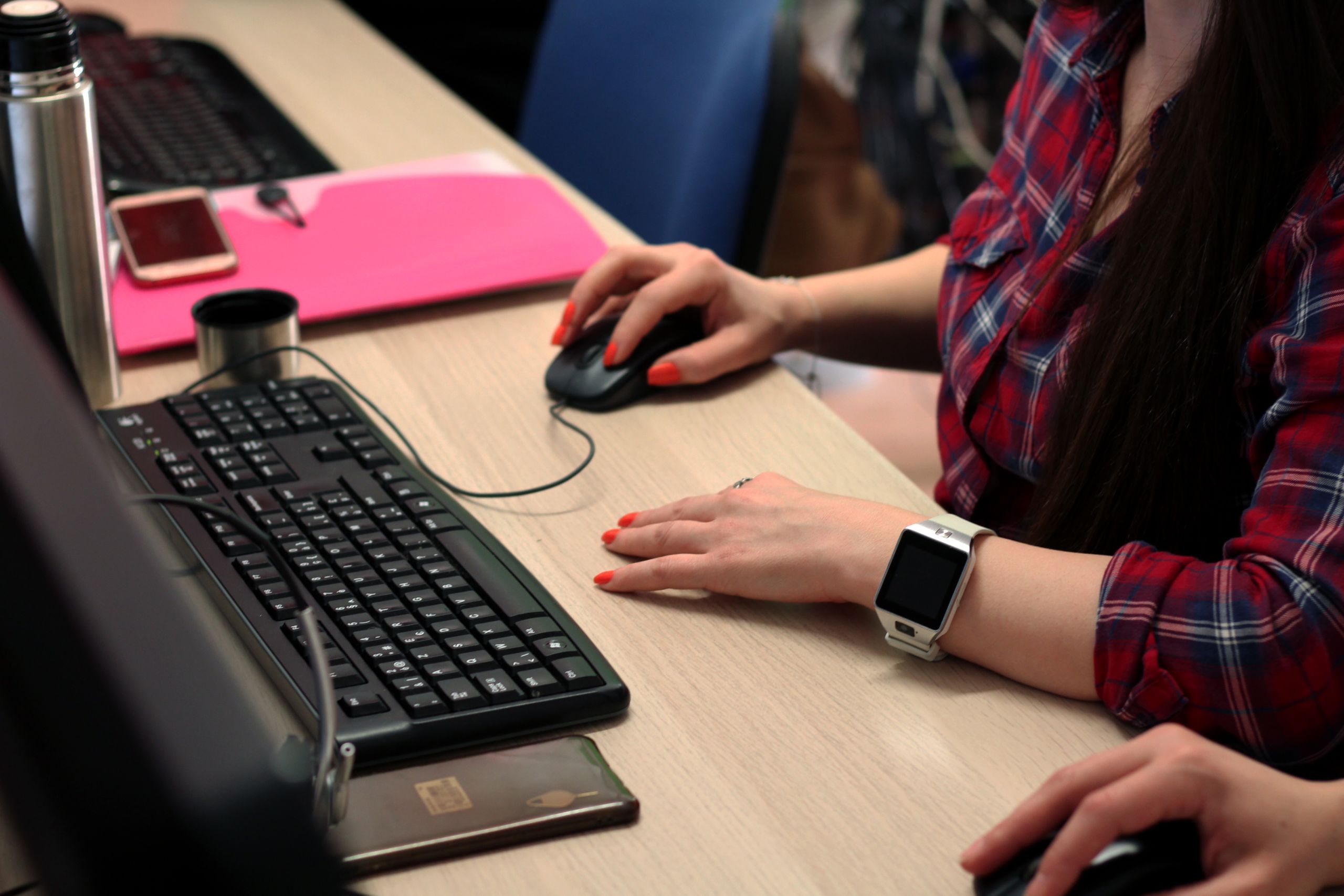
"For some women it takes some time to integrate themselves culturally"
Cultures are different in their way of perceiving habits and values. In Irak, Syria, Eritrea, Nicaragua and Belgium, the position of the women in society is seen differently. Therefore, when arriving in Belgium they can either feel more valuable or, on the other hand, feel very much downgraded in regards of the status they held in their home country.
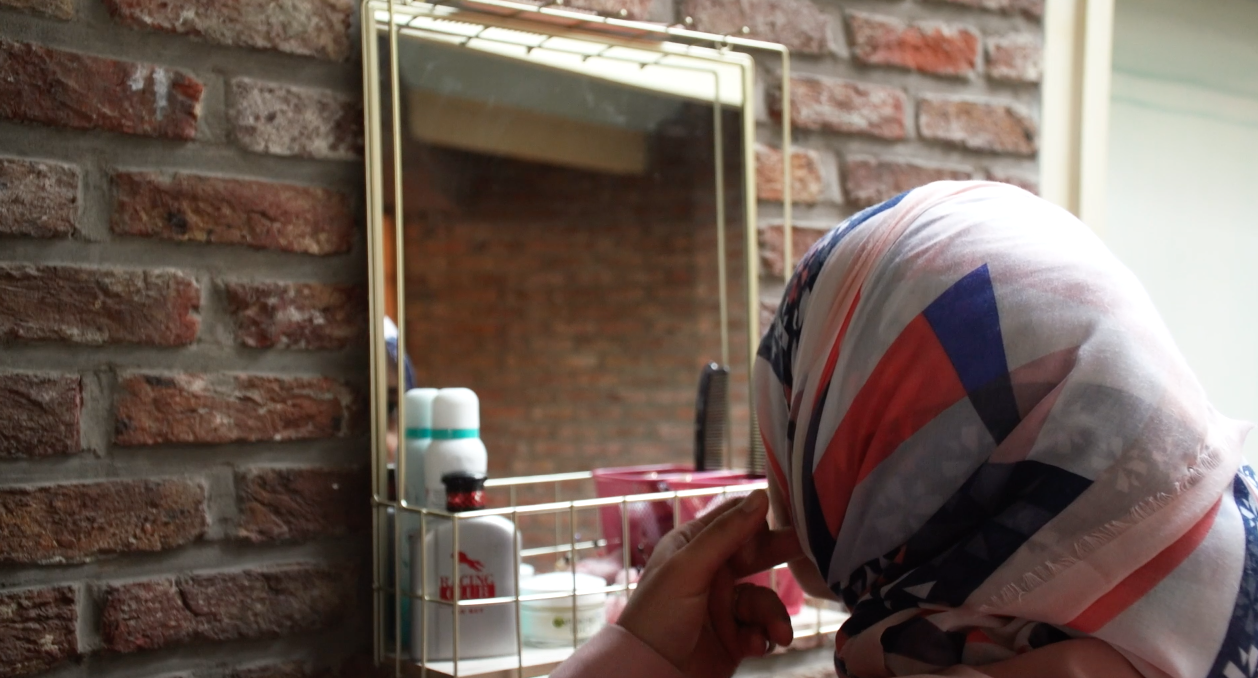
"It's the language that creates barriers"
In Belgium, in order to find a job and integrate the society it is important to be able to speak one of the national languages.Thus, either French, Dutch or German. It's a required process if they want to gain access to working opportunities and further to the Belgian nationality. Studying French takes time, and it’s more difficult for adults than kids. Added to the task of learning a language, these women have to familiarize themselves with their new environment which takes time and effort, especially for those with depending children.
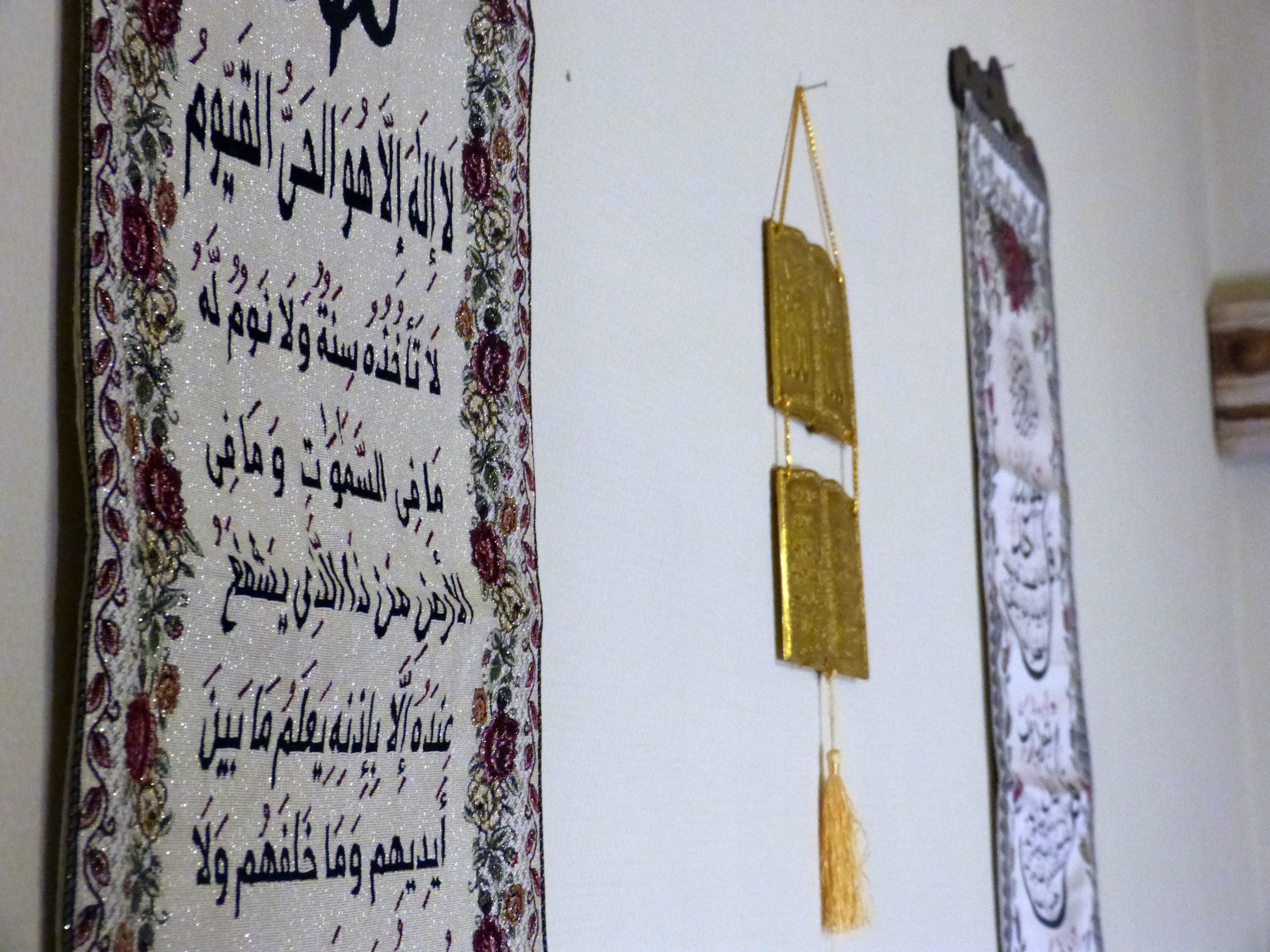
"I had to stop for some time because I had to take care of my baby."
The first concern of mothers when they arrive in their new country, is to make sure that their children are happy and have every opportunity to blossom. It's anything but easy to be fully integrate professionally within a new environment while at the same time, assure one’s family’s happiness.
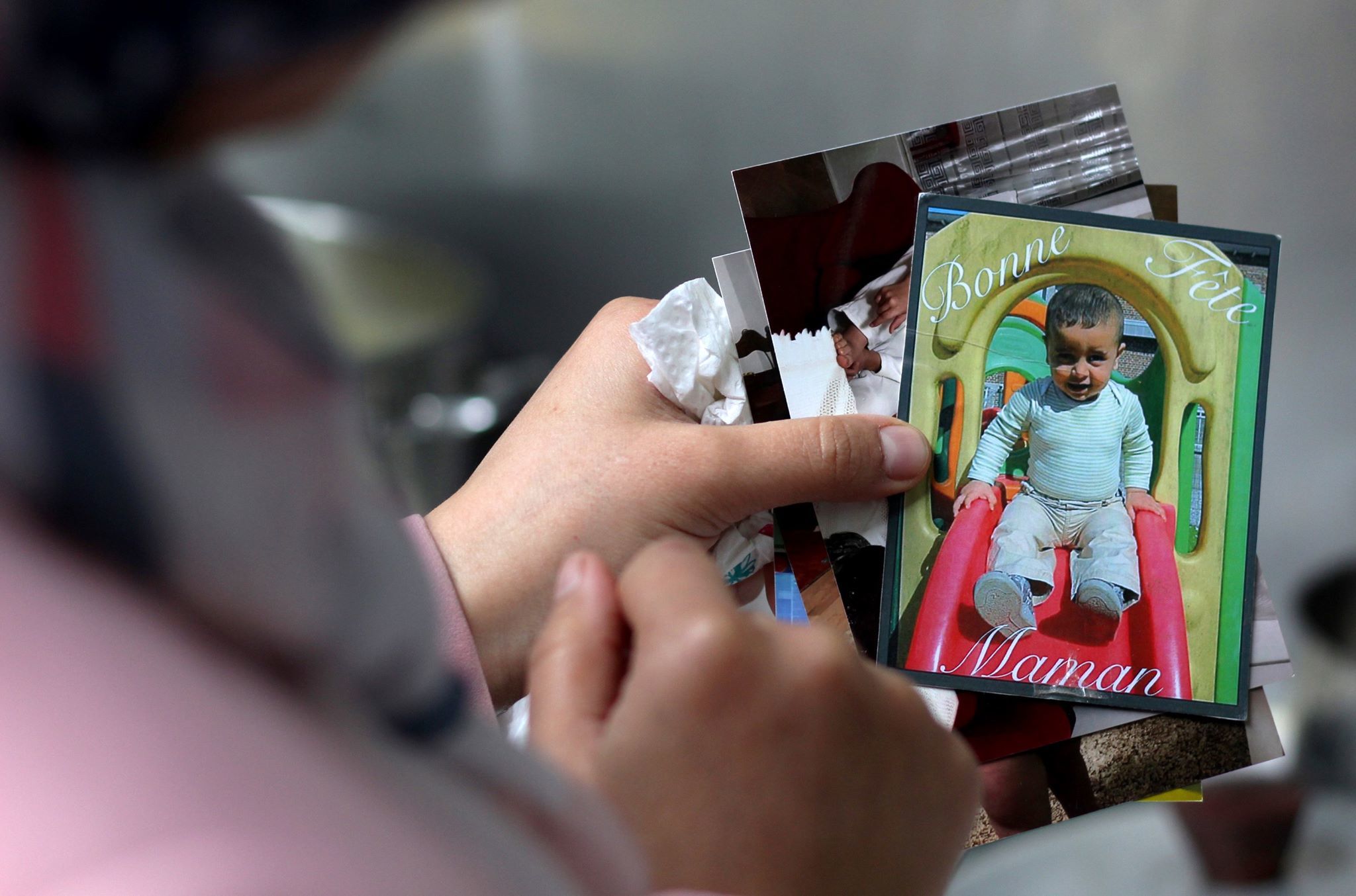
Many people think that obtaining refugee status is the only issue before the "real freedom". In reality, there are many other steps that those people must past through such as work, language learning, family management and grieving their past. Each woman you have met here has experienced this process in a different way, but in every case they are starting a new life from the beginning.
You are the real wonder women.
We would like to adress a special thanks to all the women who have taken part in this project and without who it wouldn't have been possible to do it :
Haffsa
Roula
Cathy
Helen
Evelyne
But also thank you to all the organizing team for this amazing experience :
François Corbiau
Laurence Vincent
Ramzi Salem
Master 1 ASCEP - IHECS 2019-2020
